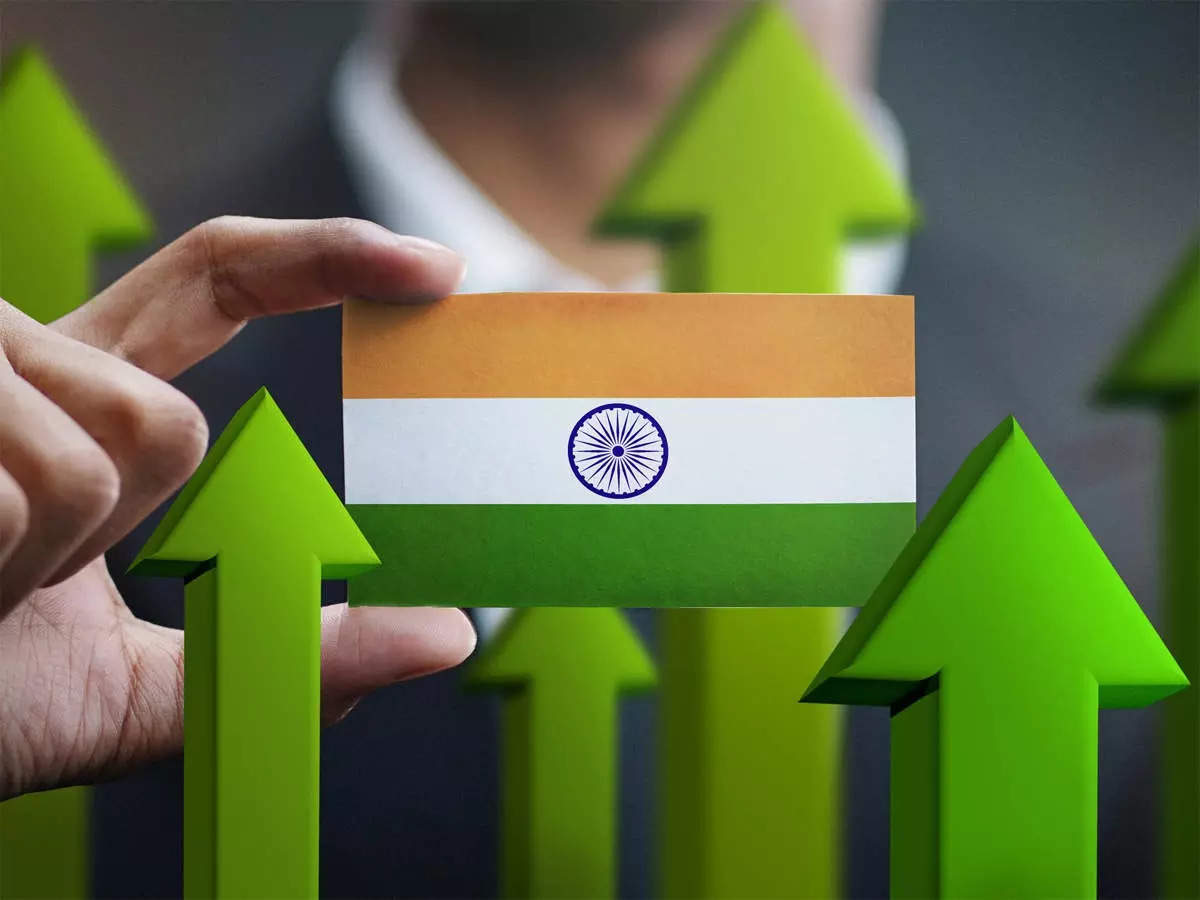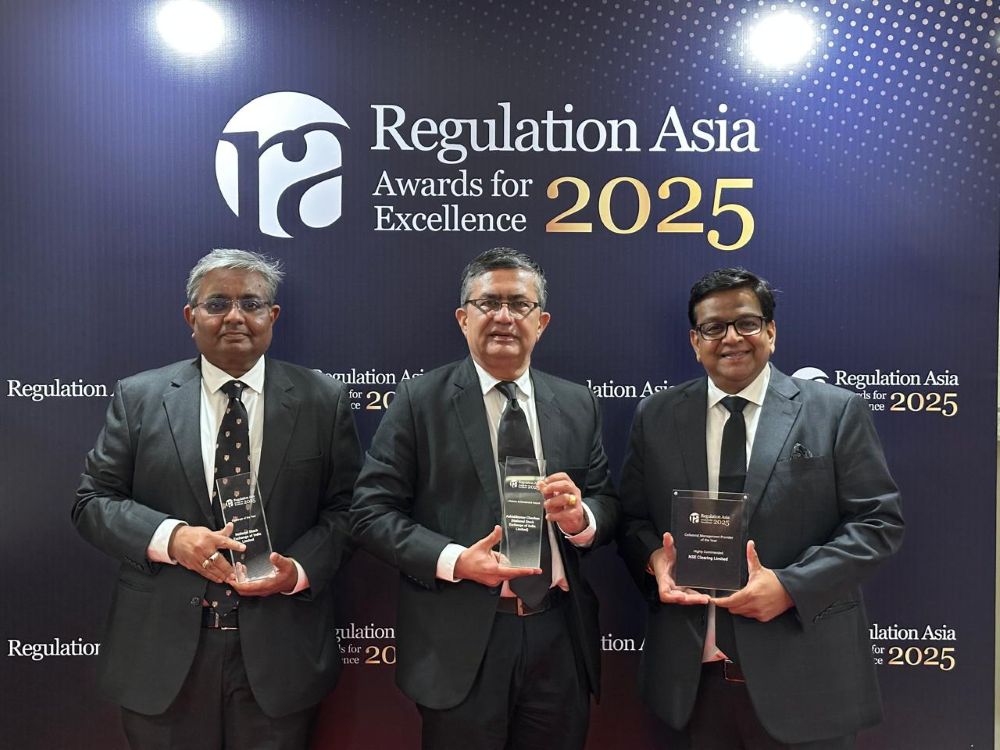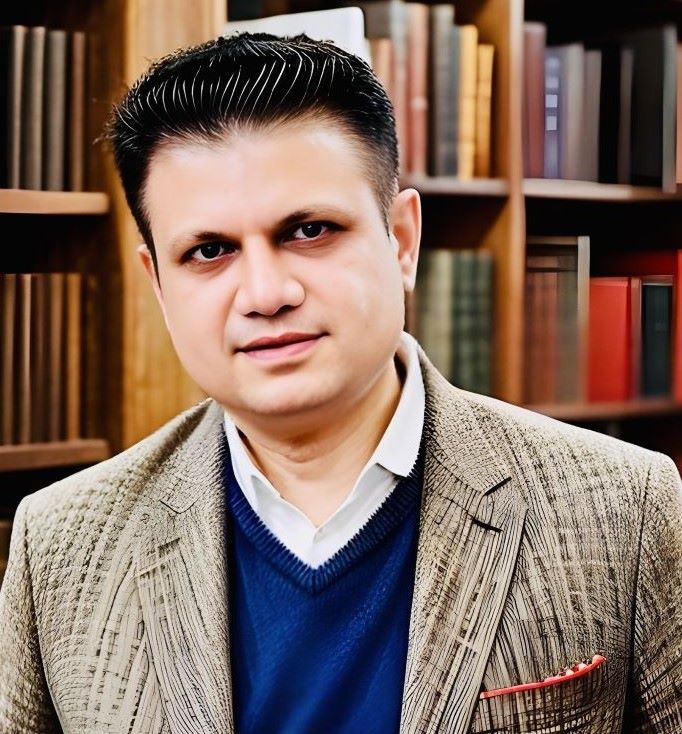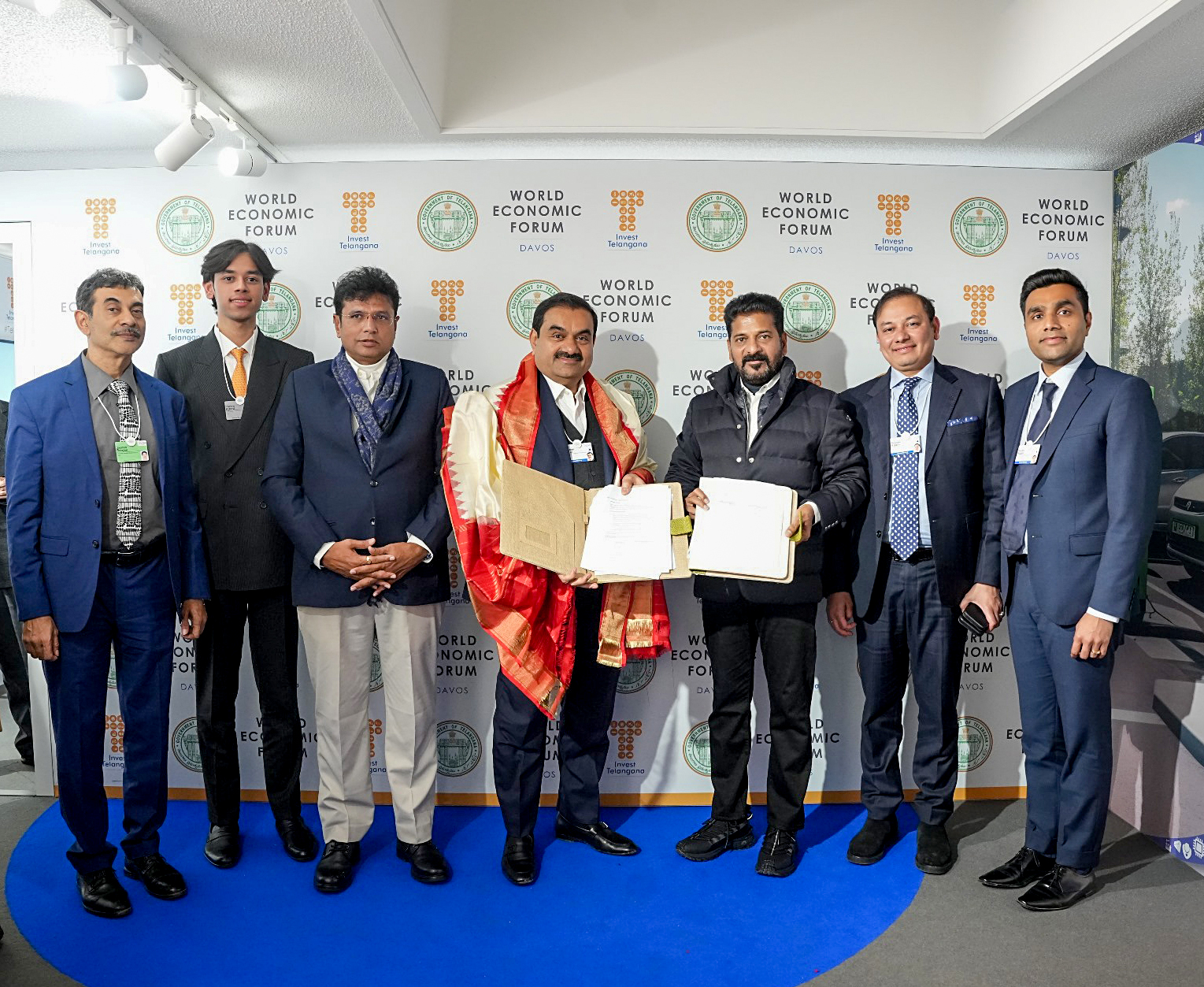During a discussion at CII, Uday Kotak mentions that the interest rate trajectory in India would depend more on the signals provided by the US Fed
Our Bureau
New Delhi/Mumbai
Despite the global recession, India is emerging as a beacon of hope, according to a CXO survey by Benori Knowledge, a new-age provider of custom research and analytics solutions. Indian CXOs are overwhelmingly confident about the state of the national economy in 2023.
Industry leaders optimistic of growth in 2023 with automotive & industrial manufacturing and pharmaceuticals sectors being the most optimistic 84 per cent of CXOs confirm their optimism towards growth with leaders from the automotive and industrial manufacturing (77 per cent) and pharmaceuticals (85 per cent) industries being the most hopeful. This aligns with the growth the automotive and manufacturing industry has experienced in 2022, driven by multiple factors like increasing FDI inflow (hit USD 21.34 billion mark in FY 2022), EV growth, lower labor costs and improving infrastructure and government initiatives, among others.
Increasing interest from foreign entities to outsource the production of medication in India has the pharma industry poised to achieve significant growth going forward.
Meanwhile, highlighting the country’s potential to further strengthen its economy, Kotak Mahindra Bank MD and CEO Uday Kotak on Thursday said India’s rise would depend on its performance in absolute GDP and absolute per capita income, current account and fiscal management.
Speaking at the Confederation of Indian Industry (CII) Global Economic Policy Summit 2022, Kotak said, “The Indian economy today, with a size of about USD 3.2 trillion and the fifth largest in the world, presents significant potential and opportunities to move up the ladder to be top among three in the world. Its realization would depend essentially on four metrics – our economic performance in terms of absolute GDP, absolute per capita income instead of the PPP comparison, getting better on the two profit and loss accounts namely current account and fiscal management.” To develop world-class Indian companies, Kotak stressed the need to build scale in manufacturing based on cutting-edge product innovation and developing IP rights rather than depending on arbitrage alone to secure an advantage.
During the discussion, Kotak also mentioned, as an aside, that the interest rate trajectory in India would depend more on the signals provided by the US Fed.
While articulating his views, Sanjiv Bajaj, President, CII said that “Credit needs to be given to the government for continuous and consistent investment from their side in public infrastructure, which has really helped us over the last few years.”
While the aspect of developing new manufacturing capacities holds promise, its realization would depend on the execution of policies, stated Bajaj. He further alluded to four broad areas–namely aligning industry and trade policies, building a strong financial sector to support the real economy, augmenting education and healthcare expenditure to build people capacity, and expanding the share of manufacturing by expanding the PLI in labor-intensive areas which would accelerate our journey towards a USD 40 trillion economies. He also referred to coordination between the Centre and States for building a consensus on policies.
Sanjiv Puri, Vice President, CII and Chairman and MD, ITC Ltd lauded the transformative policy initiatives such as Gentisate and infrastructure investment to transform the economy. The policy initiatives, going forward, should play to India’s strengths in human resources for growth to be resilient, sustainable, and inclusive. For example, services have the potential to lead our development journey. Similarly, raising agriculture incomes, and adapting agriculture value chains to extreme climate conditions needs a priority.
Baba Kalyani, Chairman and MD, Bharat Forge Ltd, mentioned that India must move fast to emerge from a factor-driven economy to an innovation-led economy. Stressing the primacy of innovation in manufacturing, he said that there are pockets of opportunities in select areas such as railways which India is leveraging to move ahead. We should change from traditionally being a country of traders to that of manufacturers like in China for which we require investment and capital.
Leaders from India Inc. say that despite the impending global recession, they intend to scale their digital transformation budgets in the upcoming year, with 42 per cent of leaders highlighting the integration of emerging technologies as one of the major themes for 2023.
Regarding talent management, finding the right talent represents the biggest challenge (62 per cent) and leaders expect skill gaps in the workforce to widen in 2023. Moonlighting, which has recently been highlighted as a concern for remote and hybrid businesses, was only seen as a worrying phenomenon by 20 per cent of leaders.

























